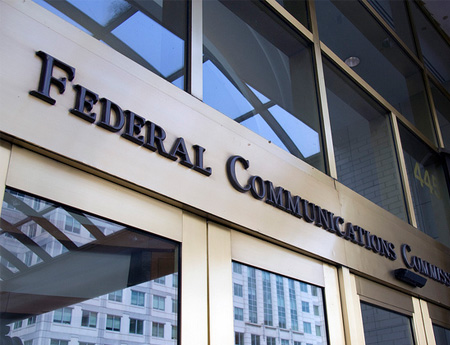FCC Process Gets Critical Eyes

The smarter way to stay on top of broadcasting and cable industry. Sign up below
You are now subscribed
Your newsletter sign-up was successful
The FCC's managing director Jon Wilkins and inspector general David Hunt came in for some tough questioning from House Communications Subcommittee members in a hearing on FCC process reform.
IG Hunt was particularly critical of FCC chairman Tom Wheeler's creation of a strike force to weed out waste, fraud and corruption in the Universal Service Fund, as well as his inability to hire criminal investigators.
He said that there was confusion at DOJ about who was in charge of investigations and that it might have been better to put the strike force under IG, which has to report to Congress.
Wilkins said that the two were complimentary, that they needed to coordinate, and that he thought there had been some good coordination.
The FCC's IT, particularly Web site functionality, came in for criticism, with Subcommittee chairman Greg Walden (R-Ore.) saying as a former broadcaster, he found it "useless."
Republican members honed in on the strike force issue and IT problems, though Democrats also had trouble with an agency focused on communications whose web site was brought down by the flood of network neutrality comments.
And on the IT issues in general, which Wilkins conceded and said the FCC was in the process of fixing, Walden opined that he wondered how such an agency would be able to manage the Internet, a reference to the FCC's review of open Internet rules.
The smarter way to stay on top of broadcasting and cable industry. Sign up below
Wilkins said a better user interface for the Web site should be in place soon, with previous efforts focused on the back end.
Asked whether the FCC had lost any network neutrality comments during the site's problems, Wilkins said he was confident none had.
Hunt complained that the fact that the FCC's HR department had to vet all its hires gave the impression that the IG was not independent. He also said that while the strike force got its first personnel fairly quickly, it took him six months to a year to get new hires.
He was hyperbolic in defense of his department. Arguing for why he needed more criminal investigative help, he said guns had been pulled on his staffers. Complaining about the FCC contracting process—Wilkins said it is improving—he said that staffers had pulled IVs out of their arm in the hospital to come back and try and get contracts through the FCC process at the last minute.
While Republicans hammered on the issue of independence and what Hunt said was a lack of criminal investigators, ranking member Henry Waxman (D-Calif.) stood up for the agency.
He said FCC chairman Tom Wheeler was making progress on process reforms while dealing with a bunch of other issues like net neutrality and auctions and broadband deployment. He pointed to what he said were "significant" improvements in reducing backlogs and improving transparency and efficiency.
Republicans had warned the FCC about asking for more money to solve its problems, but Wilkins said a flat budget was a problem, as was the sequester that made it tough to plan.
Contributing editor John Eggerton has been an editor and/or writer on media regulation, legislation and policy for over four decades, including covering the FCC, FTC, Congress, the major media trade associations, and the federal courts. In addition to Multichannel News and Broadcasting + Cable, his work has appeared in Radio World, TV Technology, TV Fax, This Week in Consumer Electronics, Variety and the Encyclopedia Britannica.

